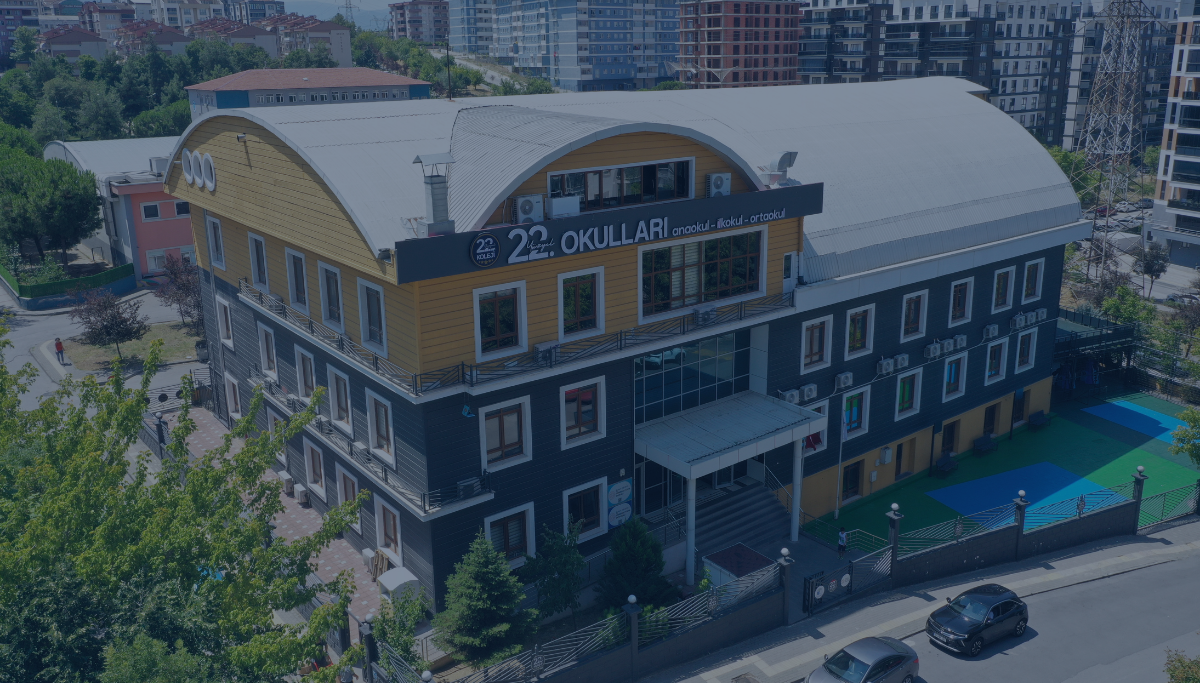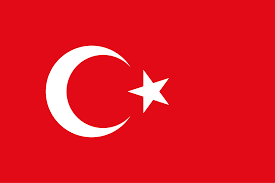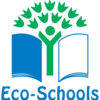Education Teaching Practices

- ART ACTIVITIES In addition to skills such as creativity, creating group awareness, creating original products, the development of motor skills is provided by using many different art materials and techniques.
- TURKISH ACTIVITIES Students are encouraged to use their mother tongue correctly and express their thoughts and feelings clearly through various finger plays, creative story completion activities as well as listening to stories, singing songs and puppet plays.
- LITERACY PREPARATION ACTIVITIES In literacy preparation activities, activities that will form the basis for children’s primary school experiences are carried out. Some of these are visual perception and attention studies, line studies, feeling the sounds.
- SCIENCE AND MATHS STUDIES In our science laboratory, studies are carried out to help our children think scientifically, learn by doing and experiencing, develop their observation and experimentation skills, and develop their creative thinking skills. Accompanied by class teachers, studies supporting the concept development of children based on mathematics education goals are carried out with fun applications. These activities include activities to support cognitive skills such as rhythmic counting, matching, grouping, similarity-difference, sorting; It aims to arouse interest in mathematics in children with fun games and activities.
- DRAMA ACTIVITIES Through drama activities, students gain skills such as respecting the rights of others and rules, empathising, making friends, making decisions, thinking and acting logically, and working with increased concentration through techniques such as story reenactment, pantomime and puppet plays.
- CHESS AND MANGALA Chess and Mangala lessons develop creative thinking skills in children and teach them how to cope with the feelings of losing and winning. Understands the importance and necessity of planned action. It helps to think quickly, quickly and accurately. It positively affects personality formation and character. It instils and develops a sense of self-confidence.
- MUSIC Music lessons in both Turkish and English have an important place in our programme in order to arouse children’s interest in music and to facilitate their learning through music.
- SWIMMING Swimming lessons allow children to get used to water at a young age. It is of great importance to introduce and endear the vital sport of swimming to them.
- PHYSICAL EDUCATION Our physical education classes develop our children’s self-confidence. These lessons are of great importance in terms of supporting their spiritual development as well as their physical development.
- HALK GAMES Our Folk Dance classes, which are applied consciously, increase the quality of life of our students by improving muscle and bone tissues, increasing balance and movement skills, and having a positive effect on stress and tension.
- VISUAL ARTS Our Visual Arts classes, which are implemented in all our classes, develop children’s creativity, improve their basic art knowledge in parallel with their level of ability and contribute to the development of our students as art viewers and art designers.
- INFORMATION TECHNOLOGIES Our students, who access information quickly and easily, ensure that the information is applied quickly and practically by coding at the same time with informatics lessons. They aim to rise to the level of individuals who produce technology rather than individuals who follow technology.
- FAST READING TECHNIQUES They can understand information faster and retain it longer. By improving their memory, they can focus better and develop logical thinking skills. While their knowledge repertoire develops rapidly, their sense of self-confidence develops and they reach emotional maturity.
- FOREIGN LANGUAGE Explores different cultures using English, German, French and other languages. Open up to the world and develop their horizons by communicating confidently with more people. Recognise and contribute to international cultural elements.
- TRAFFIC APPLICATIONS It contributes to students to recognise, learn and obey traffic rules at a young age. They realise how important it is to obey traffic rules for their own and other people’s safety. Contributes to traffic safety.
 Türkçe
Türkçe
 English
English



